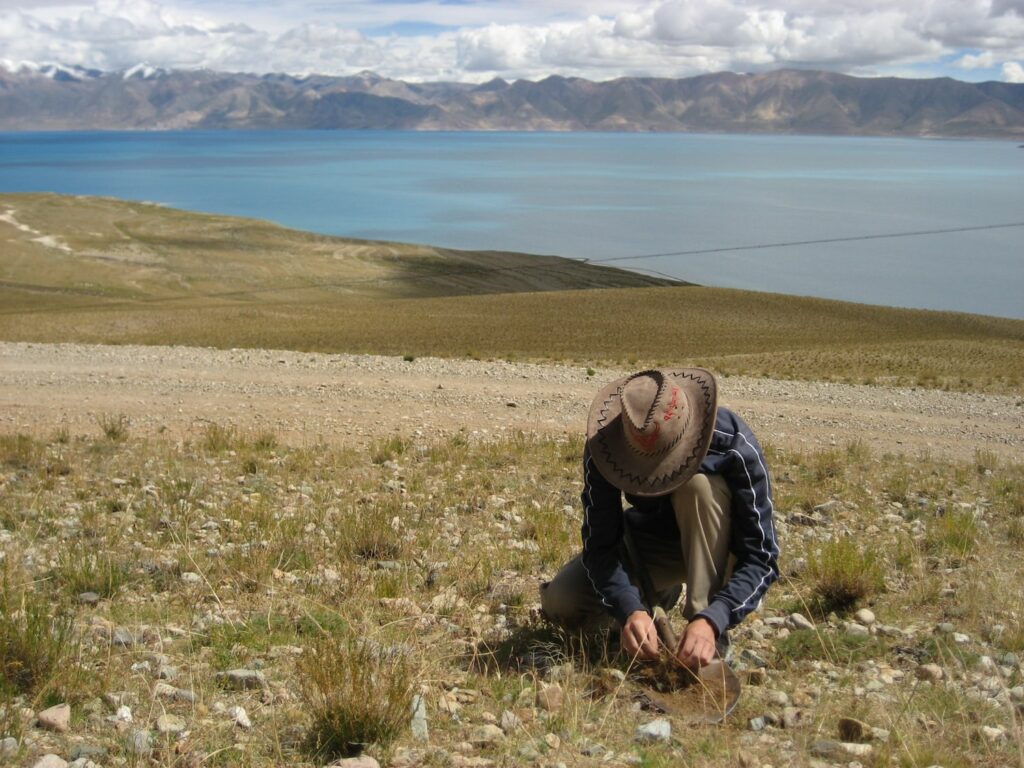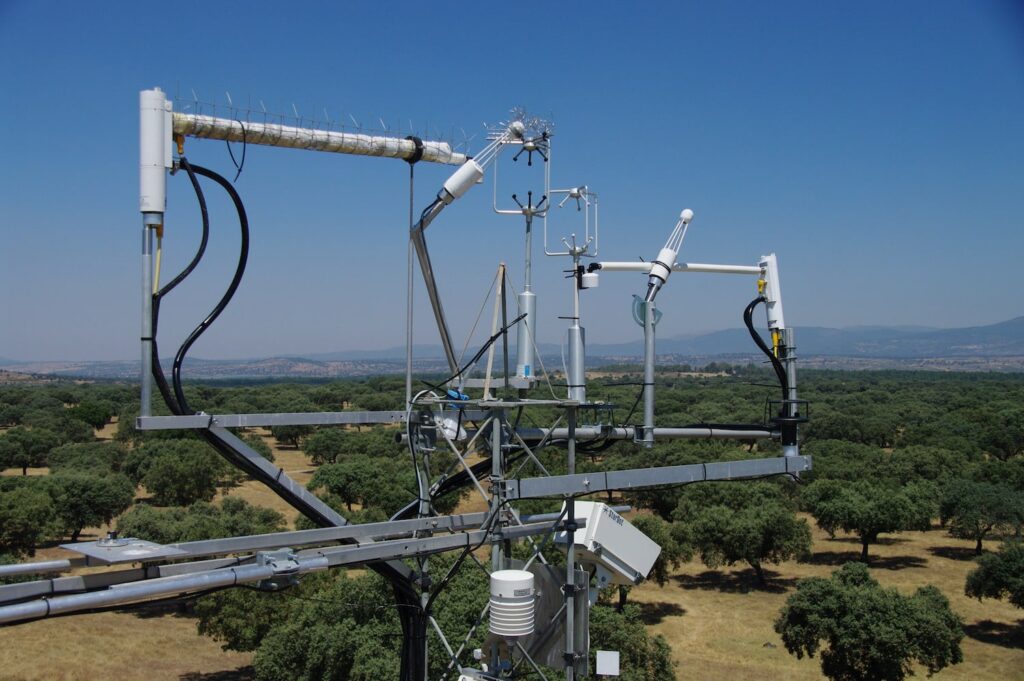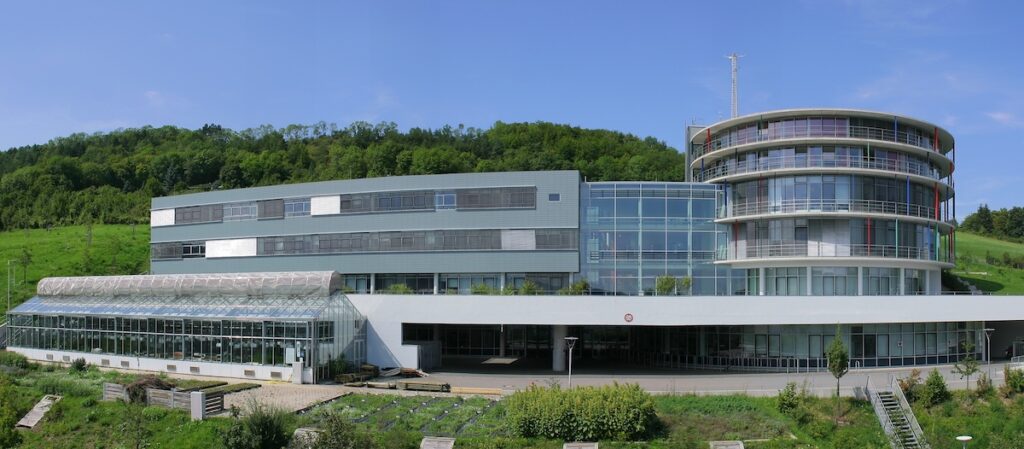Max Planck Institute for Biogeochemistry
At a glance:
At the Max Planck Institute for Biogeochemistry, we study how climate-relevant substances are exchanged in the Earth system through biological, chemical and physical transfers. We want to know how land surface processes contribute to global material cycles and climate change
At the Max Planck Institute for Biogeochemistry, we study how essential substances and elements, such as water, carbon and nitrogen, are exchanged in the Earth system. These material and energy cycles between the living world (plants, soils, bodies of water) and the inanimate environment (atmosphere, rocks) are influenced by biological processes and anthropogenic activities and interact with the global climate system. Our primary focus is on the significance of the land surface for global material cycles. We analyse air, water, soil and plant samples, measure greenhouse gasses and collate meteorological data. Laboratory experiments, satellite observations and measuring equipment in ecosystems, on high towers in Brazil and Siberia and on aircraft all supply a wealth of data. Evaluating these data serves to improve climate models that use machine learning methodology. Around 140 researchers from over 30 countries form part of a global network of national and international research institutions, based on a large number of competitively acquired, externally funded projects. Together with the Friedrich Schiller University Jena, we run the international Max Planck Research School, IMPRS-gBGC, a structured programme for doctoral training.

Contact
Max Planck Institute for Biogeochemistry
Hans-Knöll-Str. 10
07745 Jena
E-mail: contact@bgc-jena.mpg.de



